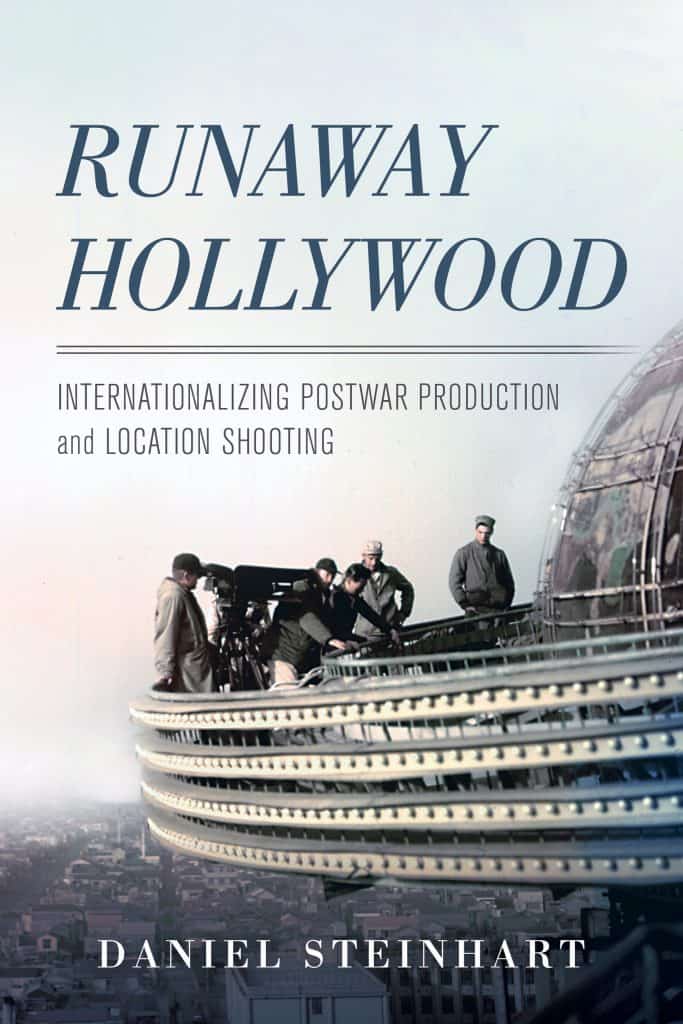Starting this Friday and running through late August, the UCLA Film & Television Archive and the Hugh M. Hefner Classic American Film Program present a series of films based on the new book Runaway Hollywood: Internationalizing Postwar Production and Location Shooting by film historian Daniel Steinhart. This series presents a selection of some of the now classic films that came out of this significant period of industrial and aesthetic transformation when Hollywood was making movies that were more international in scope.
After World War II, Hollywood faced a changing set of conditions at home—the end of vertical integration, the rise of television and falling audience numbers—and so it looked abroad for new filmmaking opportunities to counterbalance these domestic setbacks. Overseas production brought a number of advantages, allowing studios to capitalize on their frozen foreign earnings, cheaper labor costs and authentic locations. However, this move abroad brought challenges. Studio filmmakers such as William Wyler, Samuel Fuller and Fred Zinnemann had to figure out how to work with international crews and shoot in far-flung locations to achieve both realism and the spectacle of new color and widescreen technologies. There were also casualties to these changes. Hollywood unions called the phenomenon “runaway” production to underscore the loss of employment opportunities at home. Ultimately, the runaway trend set the stage for today’s vastly expanded networks of global production.
The film series program includes epic films like Mutiny on the Bounty and El Cid, with some dates featuring two screenings per evening. Examples of such pairings are Funny Face / Paris Blues, and House of Bamboo / Anatahan. The film notes are by Daniel Steinhart, who will introduce films and sign copies of his book on July 19 and 20.
“With this film series, my goal is to transform scholarship into public programming to reach a wider audience. It’s an opportunity to see the wide array of movies that resulted from Hollywood’s shift abroad in the postwar era, from romantic comedies to war pictures and from musicals to historical epics. It’s also a chance to historcize the ongoing debates about the outsourcing of film production. It’s a dream to return to the UCLA Film & Television Archive, where I worked as a programming assistant when I was a graduate student and where I learned so much about the history of cinema.”
—Daniel Steinhart
All screenings will take place in the Billy Wilder Theater, home of UCLA Film & Television Archive’s public programs. Visit the program page for the full schedule of films.

